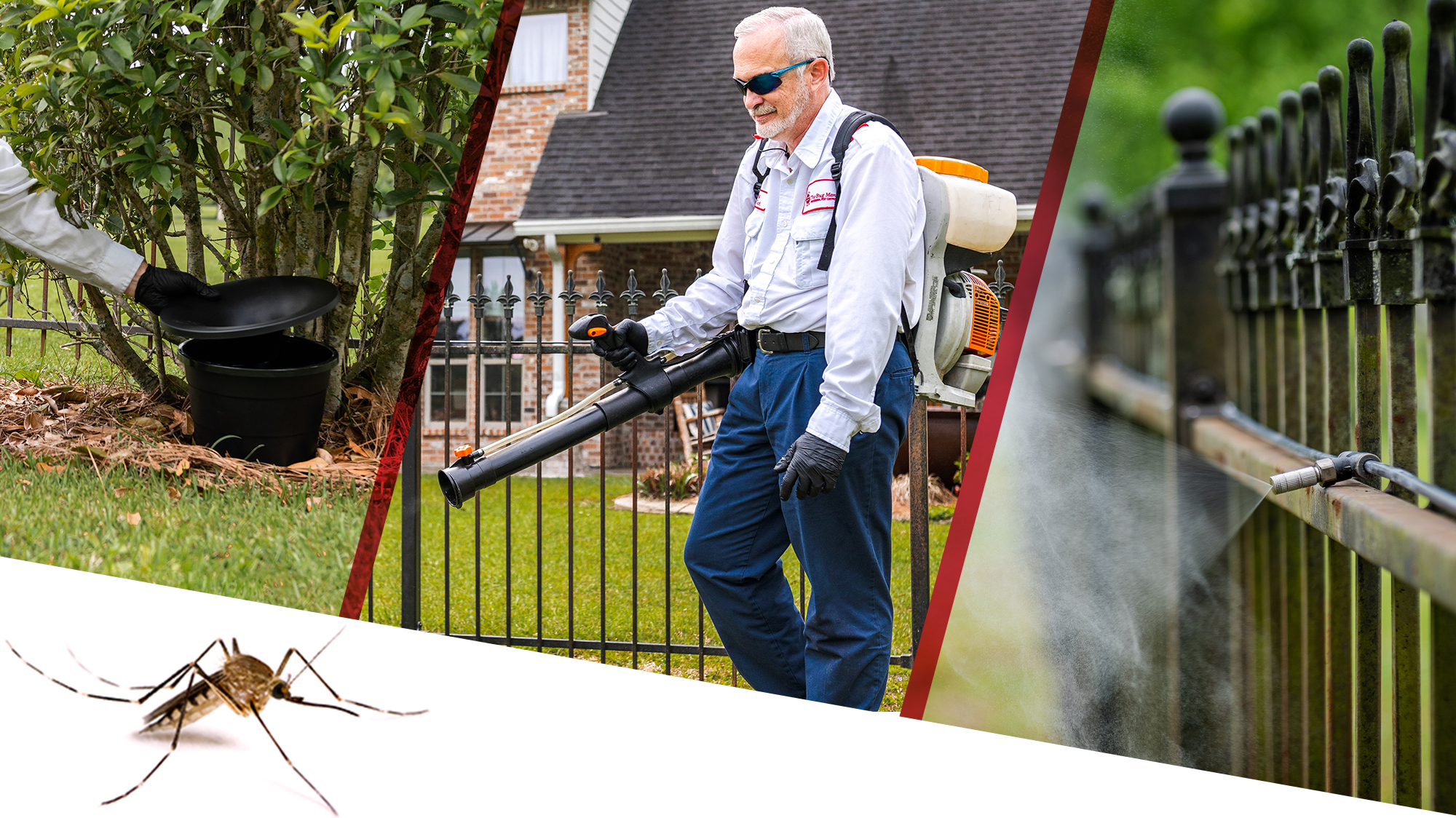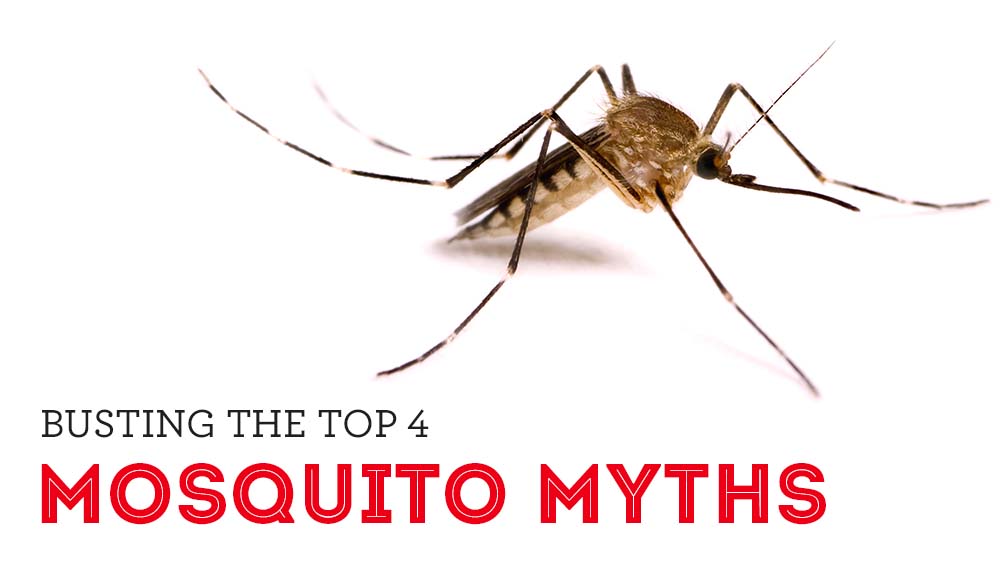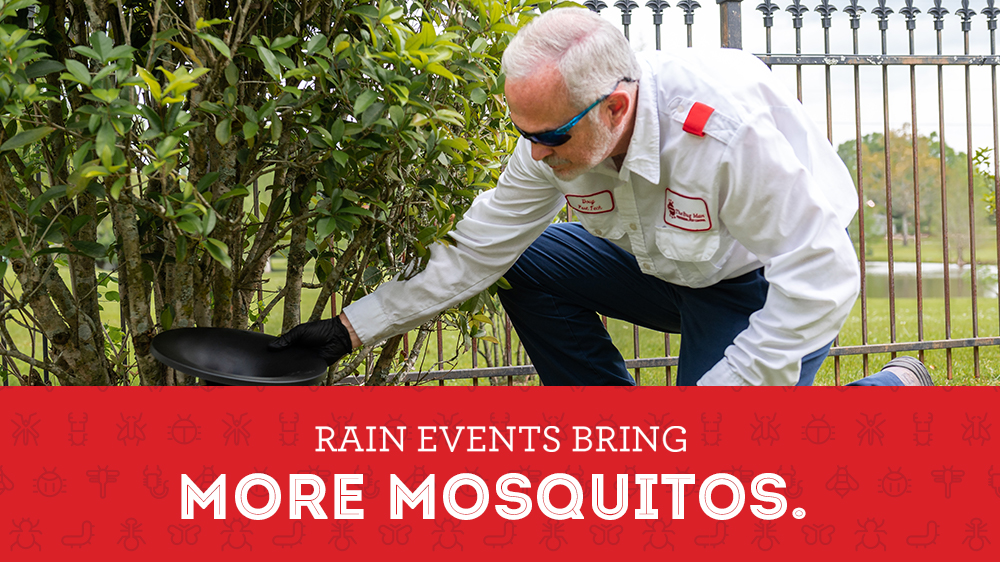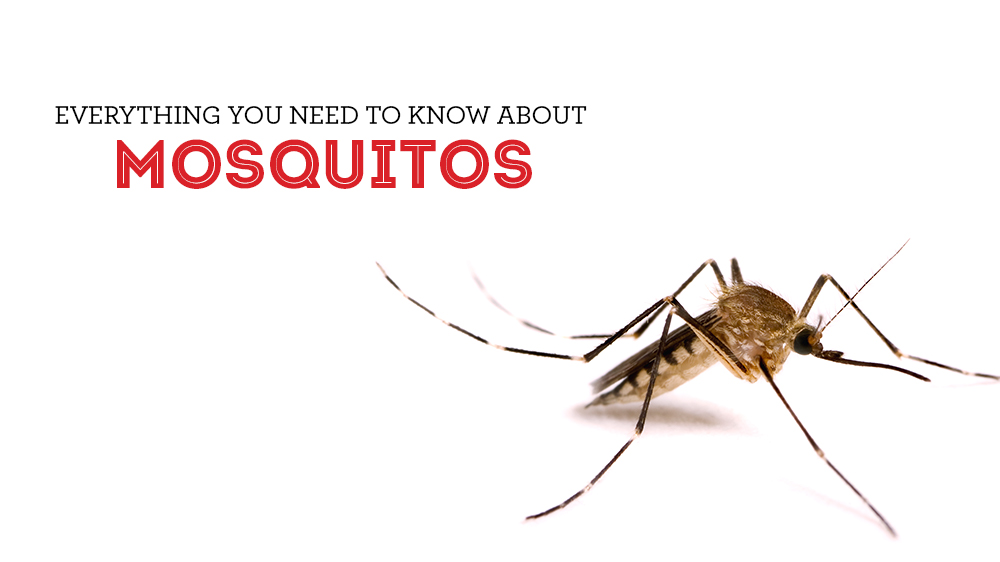
If you’ve ever spent time outside in Louisiana, you know that combating mosquitos is essential. Whether you’re enjoying a backyard barbecue or trying to relax on your porch, these pesky insects can make your time outdoors unbearable.
Thankfully, you can combat mosquitos and reclaim your outdoor space with one call to The Bug Man. The Bug Man offers a variety of mosquito control services to help keep the bugs at bay.
In2Care Mosquito Station System
One popular option is the use of the In2Care Mosquito Station System which uses a patented technology for transferring high doses of biocides to flying insects. When a mosquito lands in a baited pot filled with water, the product covers its body. The mosquito carries the bait with it when it flies to another source of standing water, thereby treating that standing water with bait as well! The highly effective system not only kills the female mosquito, but also sterilizes her reproduction. Most importantly, In2Care reduces the risk of mosquito-borne virus transmission, so you and your loved ones can safely enjoy the outdoors.
Yard Fogging
Yard fogging is a popular method for controlling mosquitos in outdoor areas. By releasing a fine mist of insecticide into the air, it kills the mosquitos present and can provide several weeks of mosquito-free space. This method is ideal for those who want to protect their outdoor spaces from mosquitos without having to apply insect repellent on themselves. However, it’s important to choose a properly certified insecticide provider and to follow manufacturer instructions carefully to ensure effective and safe control of mosquitos.
Mosquito Misting Systems
The Bug Man also offers a mosquito misting system. These systems dispense a fine mist of pesticide to kill mosquitos and other flying insects. They can be installed around your yard and are programmed to go off at specific times to ensure maximum effectiveness.
By partnering with a pest control company like The Bug Man, you can enjoy your outdoor space while combating mosquitos effectively. Don’t let these tiny insects ruin your summer—take action today to keep them under control. Give The Bug Man a call.




